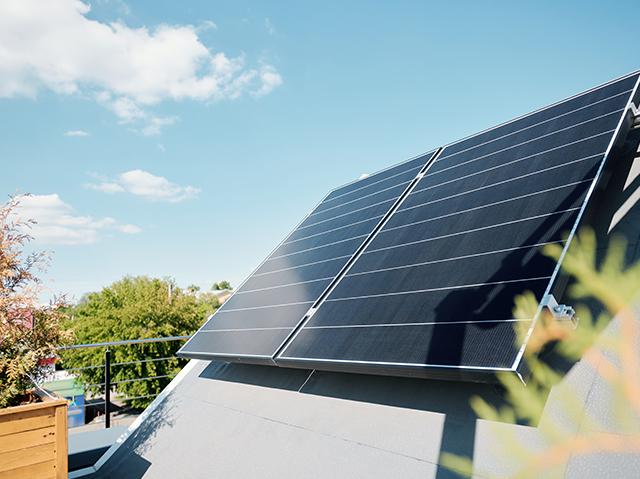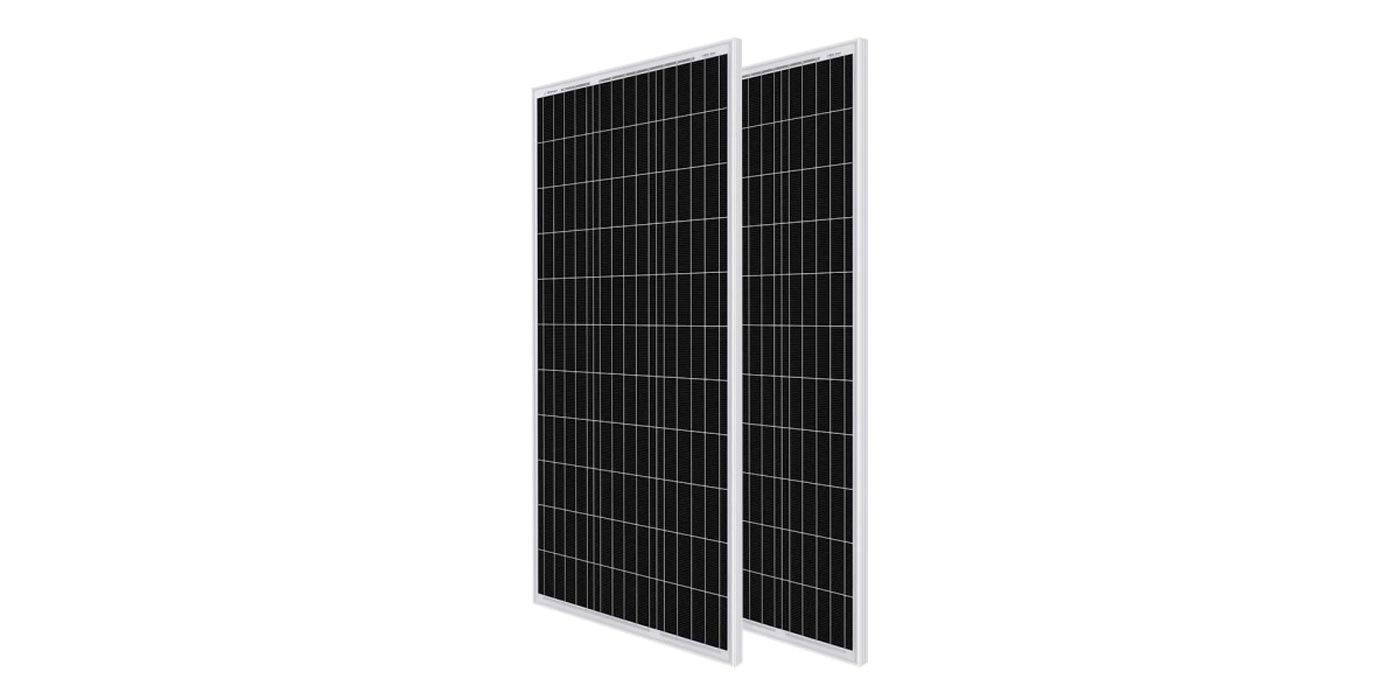
It does not matter whether you are installing solar panels or improving your home’s energy efficiency. You need to be aware of the dimensions. There are many kinds and sizes of solar panel systems. Knowing the right size can help you increase your energy production. While there are no industry standards for the size of your panels, they can be as small as two inches wide and four inches long or as large as 40 inches wide and 80 inches long for commercial panels.
To maximize solar power output, the best panels will have a dual-axis tracker. When choosing a system for your home, you should consider other factors than the size of your panels. The size of your panels is a major factor in your energy production. However, it can also impact the amount of sunlight that reaches your roof each day.

Solar panels aren't designed to be carried. A solar panel can be damaged if you stand on it for prolonged periods of time. A residential solar panel measures in the average 39 by 65 inches. Depending on your needs, and your budget, the size of a commercial panel may vary.
The best and most efficient solar panels are made from a material known as monocrystalline silicon. This material is not cheap, but it's definitely worth it. A monocrystalline solar panel is capable of enduring extreme temperature fluctuations, in addition to increasing solar power output. This is particularly true during summer months where panels may be exposed at temperatures up to 65 degrees C. Your installer is the best person to call if your panels are damaged. Contact your installer to assess the condition of your panels and suggest the best repair option.
The most expensive solar panels are those with the largest sizes. They are often mounted on large vehicles, such as motorhomes, boats, or motorhomes. It is important to think about the location of your panels, in addition to their size. Depending on your location, you might want to consider moving the panels from the original intended site. In warmer climates, you might consider mounting your panels on a roof, instead of on a rooftop. It is important to consider the potential consequences of installing solar panels onto an uneven surface. If the roof is not level, a solar panel could heat up too quickly.

You will get the best results if you verify the specifications before purchasing your panels. A good place to start is the manufacturer's website. It's a good idea that your panels are examined at least once a month by a qualified electrician. Your homeowner's policy may pay for the cost of repairing your panels.